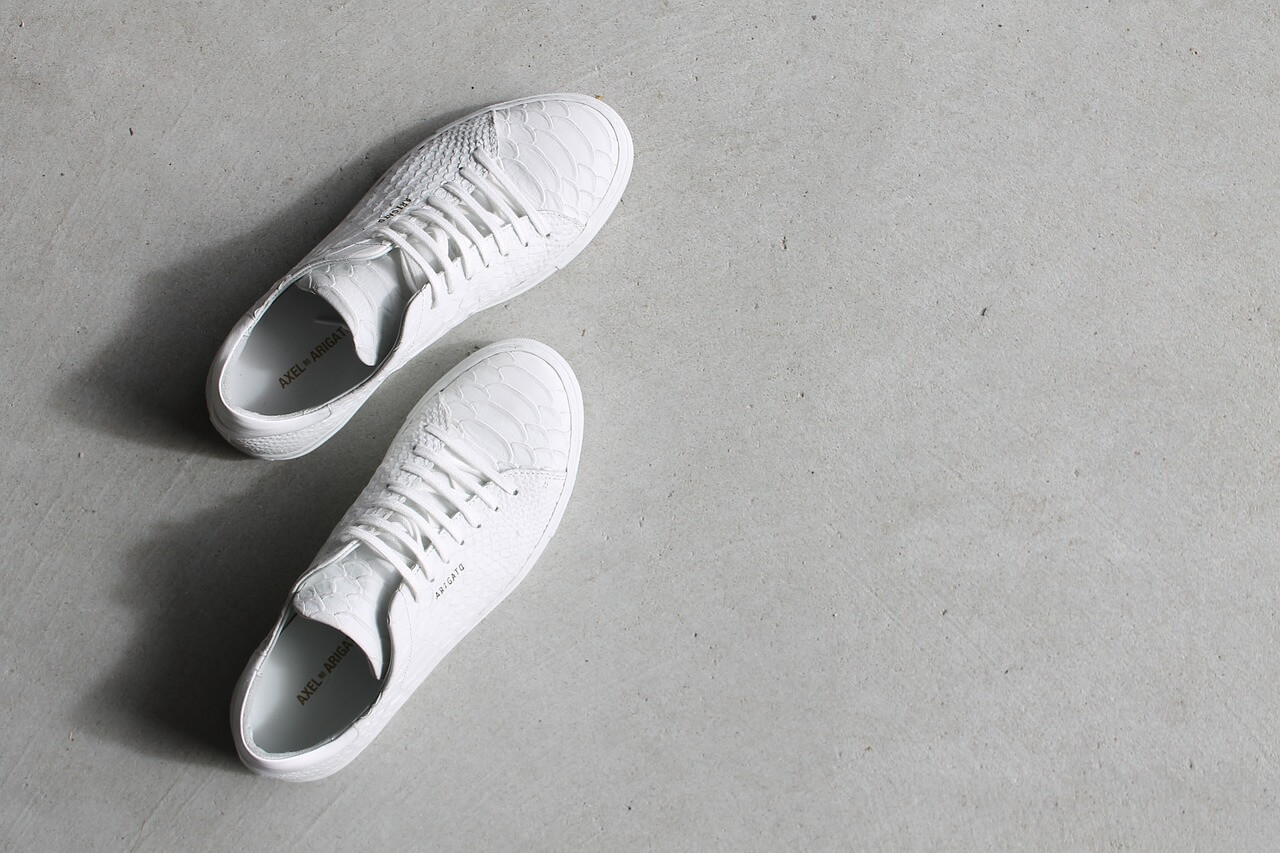No-one would ask a marathoner if any old shoe would do! Nurses complete their own kind of daily marathons and footwear is as important to a nurse’s foot health as it is for a marathoner. Marathoners may debate which shoe ranks supreme, but none will argue the necessary of a great fitting, comfortable shoe! Nurses are on their feet a lot, and comfortable footwear is a good way to protect their investment of their nursing degree.
Nursing is challenging work which requires constant mental acuity and physical stamina. Fatigued legs and aching feet do not contribute to overall excellent patient care. They cause discomfort and distraction, and distraction is not a nurse’s friend. A nurse needs to practice self-care to provide great patient care, and having the right equipment is the place to start.
Great fitting uniforms and shoes can make a long day seem less long.

Difference between nursing shoes and regular shoes
So, what is the difference between nursing shoes and regular shoes? The regular shoes that this post is referring to are athletic shoes. It’s a safe assumption that any nurse in any position is not considering wearing Louboutin heels or flip-flops on the nursing unit.
There are four general types of shoes that nurses typically wear.
- Athletic Shoes-there is all kinds of athletic shoes available with the top three were running shoes, cross-trainers, and walking shoes. Each of these is designed with a specific activity in mind. They are designed for comfort and sure-footed tread and can be an excellent shoe for a nursing who spends a great deal of time on hard floors. Running shoes have good shock absorption. However, running shoes often have a mesh which is permeable and may not be the best choice in a working environment that has exposure to fluid or contaminants.
- Clogs-these are very popular with nurses for their great arch and heel support, easy cleaning, comfort, and style.
- Casual Shoes-these are usually casual tennis shoes that are designed for comfort with a safe grip but not specifically athletic shoes. These may do well with someone who is not on their feet all day and want a more versatile shoe.
- Crocs-often not allowed due to the open venting; nurses should check facility policy; they are made from solid foam resin and often have a vented air portal and low-heel design.
Most often, a nurse chooses between a style of athletic shoe and a shoe made specifically for nursing. Many nurses prefer one kind over the other depending on the type of nursing, the cost, and personal preference. And most healthcare facilities require that nurses wear shoes with closed toes and covered heels for protection from contamination, injury and slipping.
The Basics: What Constitutes an Appropriate Nursing Shoe
- Comfort-well-fitting to prevent blisters and foot pain
- Support-raised heal that offers support
- Protection – solid construction to protect foot from injury or fluid spills; easy to clean; prevent slips and falls
- Follows the facility policy or uniform code

Benefits to great fitting shoes!
- Less foot pain
- Less back pain
- More safety
- More balance
- Less slipping
- Less future spine and back issues
- A great shoe helps the nurse maintain good posture
Qualities to look for in a good shoe

- Good arch support
- Light shoe- heavier shoes cause greater strain
- Easy to Clean
- Solid construction with no open areas for less contamination
- Synthetic construction get hotter and possibly more uncomfortable
- Shoes should be chosen for the type of nursing-ask what co-workers prefer and why before investing in a good pair of shoes
- Support at the back can be great for comfort and support
Conclusion
Obtaining a nurse’s license is a big investment of time and money, and a great way to protect that investment is to practice excellent self-care. Having the right equipment, comfortable scrubs, and well-fitting shoes is important. Choosing the right shoe is essential is protecting your feet and back from aches and strains.
The right shoe should also protect the nurse from accidental spills, contaminations and slips and falls. The nurse needs to review the facility policy for uniform specifications. The actual type of shoe is negotiable based on a nurse’s preference, but the quality of the shoe is not.
Having a well made and supportive shoe makes the biggest difference in the quality of a nurse’s day.






